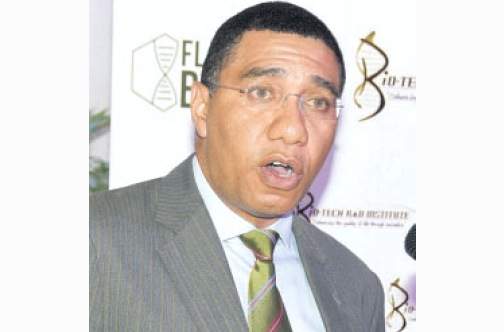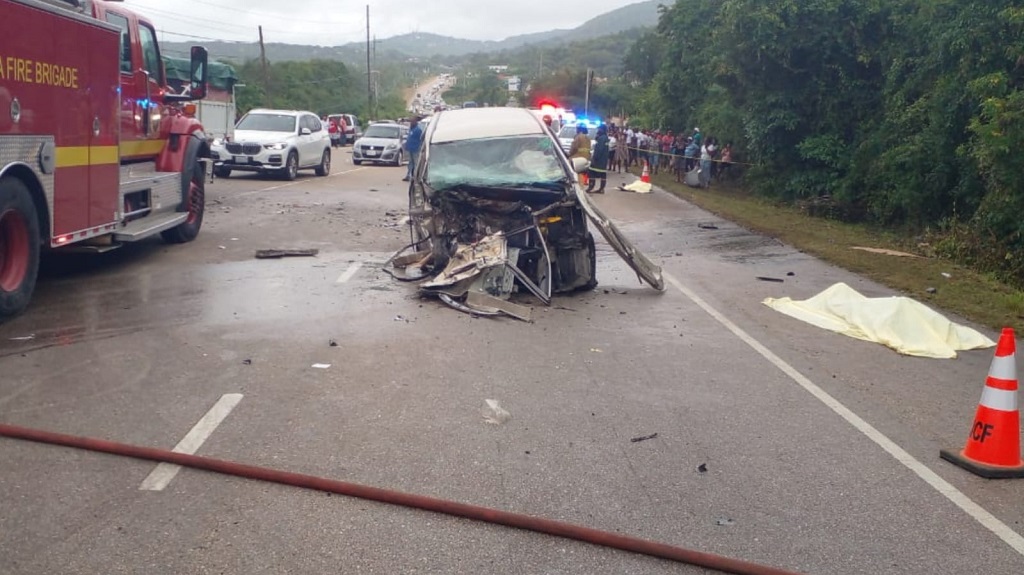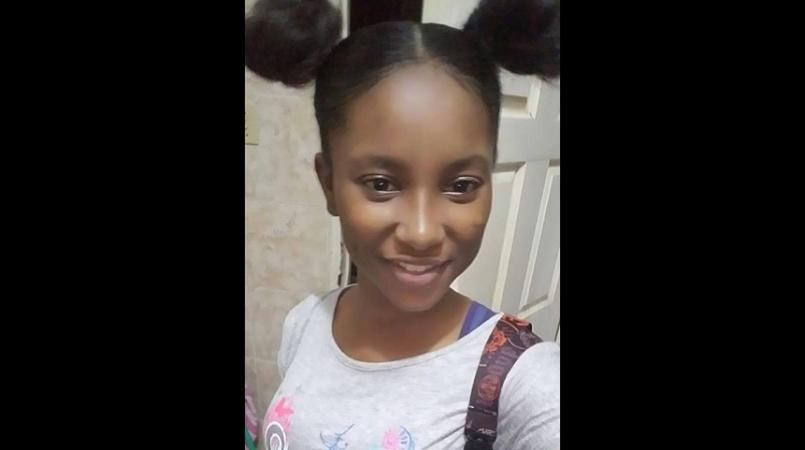THE House of Representatives last night finally passed the long-delayed National Identification and Registration Act with 100 amendments, most of which were brought by the Government in response to issues arising from the original draft.
The final hurdle for the Bill was the contentious Clause Nine and the First Schedule, that deal with the establishment of a board of management of the National Identification and Registration Authority (NIRA) which carries the details of how the 19-member board will operate.
The House also dealt with two critical sets of questions related to two issues which have divided the Government and the Opposition recently: The memorandum of understanding (MOU) between the Government and China Construction America (South America Division) regarding a master development proposal for the “government campus” around National Heroes Circle, which will include a new Parliament building; and answers to questions which had been raised by the late Member of Parliament for St Mary South Eastern Dr Winston Green about rehabilitating the Junction main road in St Mary.
Prime Minister Andrew Holness and Opposition Leader Dr Peter Phillips also expressed sympathy with victims and residents of regional islands who suffered from the effects of recent hurricanes, including Irma and Maria.
Voting on the much-anticipated National Identification and Registration Act eventually took place at minutes to eight o’clock last night after a passionate debate in which Holness and Phillips were the main speakers.
In an impassioned plea for a further delay, Dr Phillips stated that responses to issues he had raised about the Bill were only received by him on Monday.
He urged the prime minister to consider referring it to a joint select committee of the House.
“This Bill still has concerns, much of which could have been resolved by a joint select committee,” Phillips urged.
He also called for an oversight board for the NIRA, whose members would be selected on a similar basis to that of the Electoral Commission of Jamaica.
However, Prime Minister Holness refused to delay the completion of the process any longer and insisted on its passage with a Government majority sitting in the chamber. But he agreed to discuss with Phillips appointments to the board on a basis similar to the selection of Electoral Commission of Jamaica commissioners.
This eventually led to a suspension of the debate to accommodate discussions between both sides of the House, which led to consensus on a system to manage the authority.
Holness was also insistent on going through with the programme to spend $160 million this autumn on repairing the Agualta Vale to Broadgate leg of the badly dilapidated main road, despite Opposition charges that it could be used to buy votes in the anticipated by-election for Dr Green’s seat.
Green, the Opposition People’s National Party (PNP) MP for St Mary South Eastern, died on August 14, some 18 months after winning the seat by five votes from ruling Jamaica Labour Party (JLP) candidate Dr Norman Dunn.
Holness also insisted that while the Jamaican people were anxious for the National Heroes Circle “government campus” project, which could employ as many as 5,000 workers, the Government did not have the fiscal resources to finance it and, therefore, welcomed the unsolicited proposal from the Chinese investors.
However, he insisted that the MOU with China Construction America (South American Division) was non-binding and non-exclusive and for a limited period not exceeding one year.
He added that the Government would welcome any offer from local interests to develop the project, and that he would love for Jamaicans to come on board.
The House was adjourned to next Tuesday.










